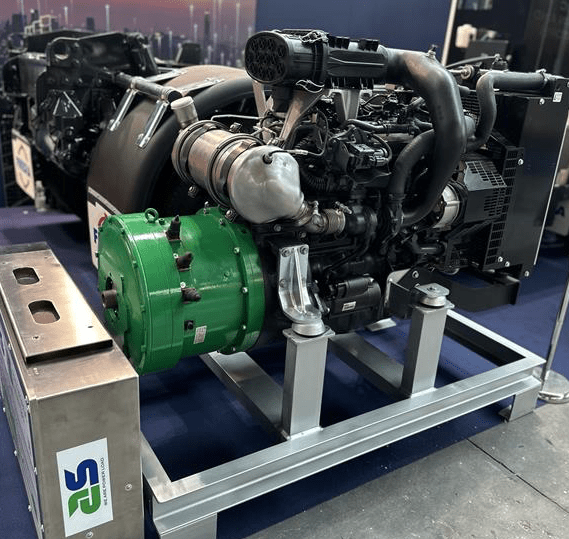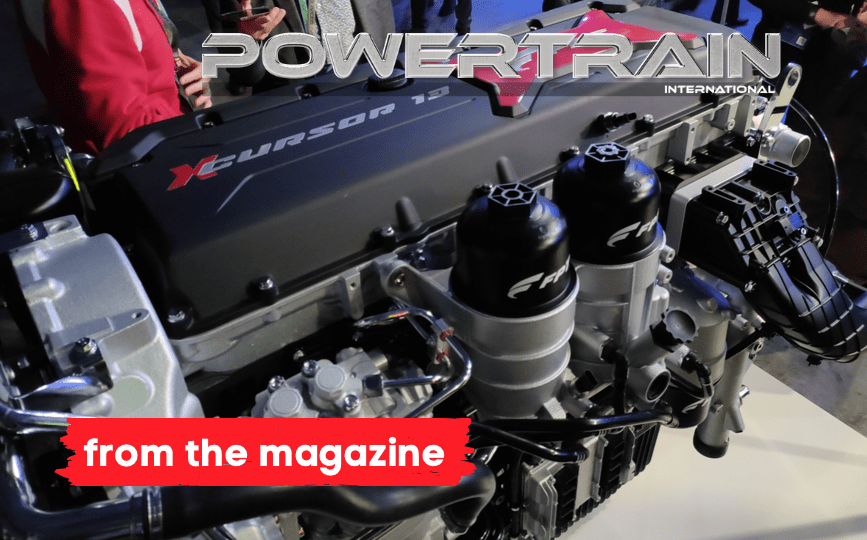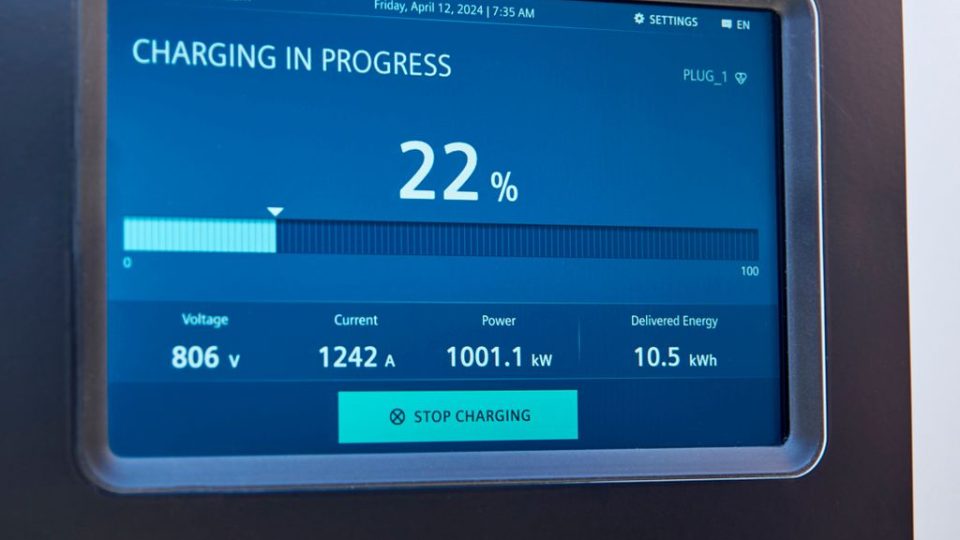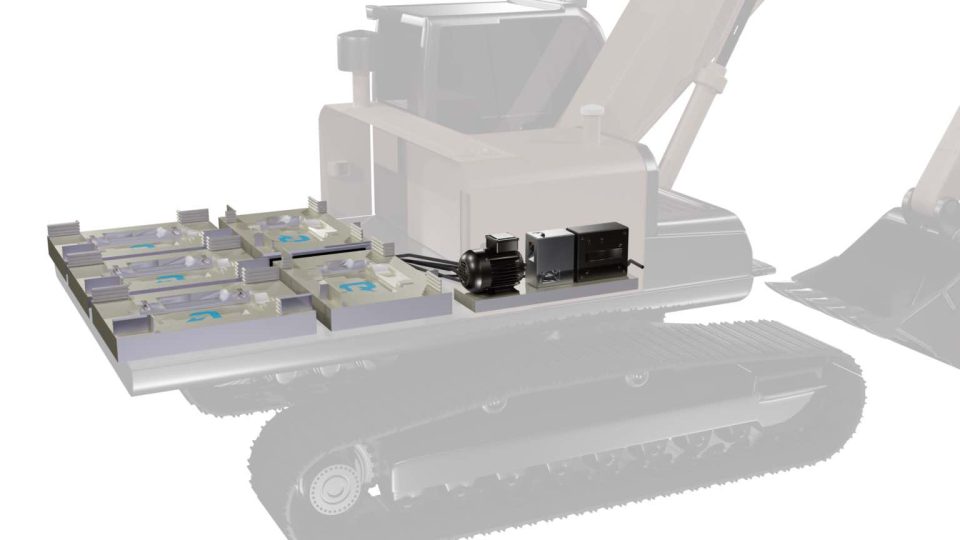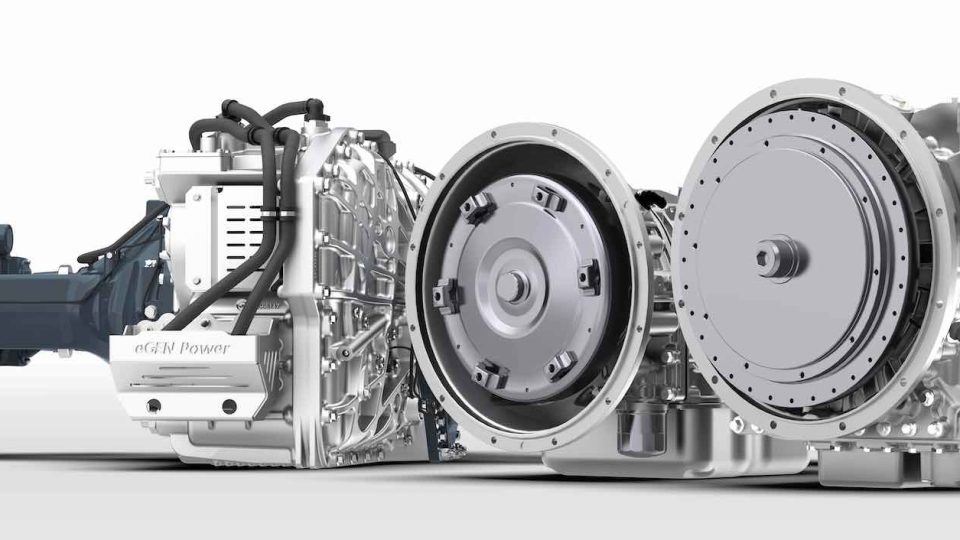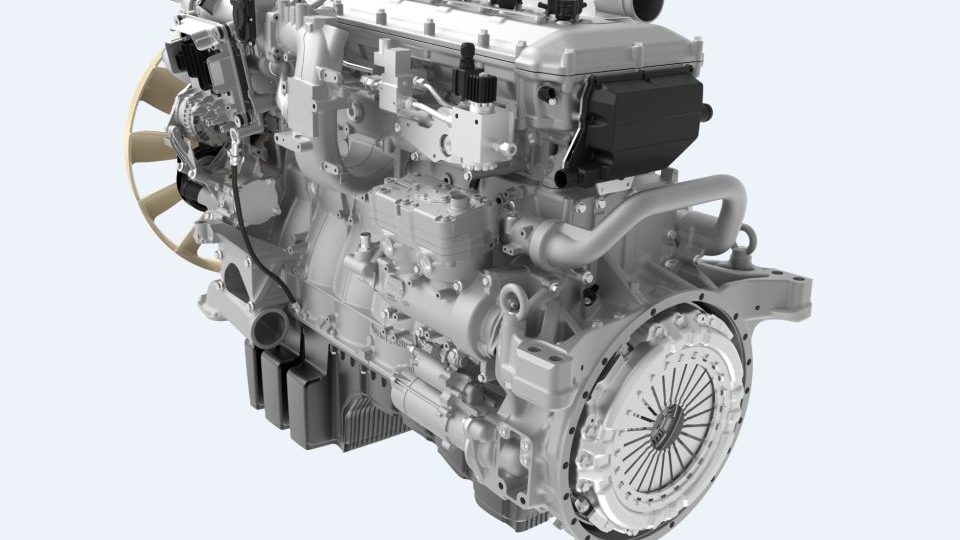JCB to improve hydrogen technology
JCB’s super-efficient hydrogen engine has won Dewar Trophy. Toyota Mirai H2 car will be part of the JCB fleet
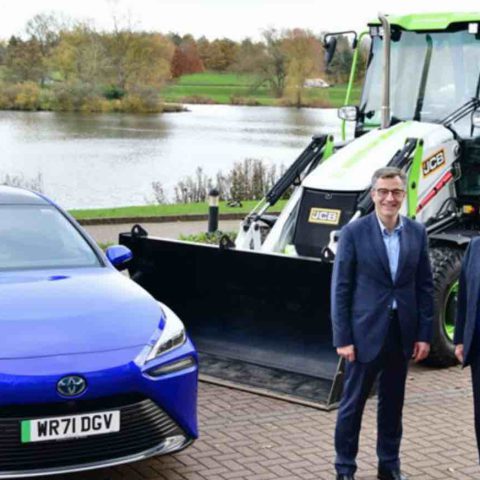
JCB is among the off-highway players that believe most in hydrogen. Whether it’s fuel cell research and development or a diesel engine converted to brown hydrogen.
100 million pounds for JCB hydrogen engines
The British company has announced an investment of £100 million (approximately €116.5 million) in a project to produce hydrogen engines. A team of 100 engineers is already working on this extraordinary development project with the recruitment of a further 50 engineers underway, with JCB aiming to make the first machines available for sale to customers at the end of 2022. The ‘veil’ had already been lifted by an early prototype of a hydrogen-powered JCB backhoe loader, and now a second JCB machine, a telescopic handler, has been unveiled at an event in central London attended by Prime Minister Boris Johnson.
Hydrogen power technology developed by Jcb was featured in the ‘Green Zone’ exhibition at Cop 26 in Glasgow. JCB Chairman Lord Bamford said: “Our sort of machinery will need to be powered by something other than fossil fuels. We make machines which are powered by diesel so we have to find a solution and we are doing something about it now. We are investing in hydrogen as we don’t see electric being the all-round solution, particularly not for our industry because it can only be used to power smaller machines. It does mean we will carry on making engines, but they will be super-efficient, affordable, high-tech hydrogen motors with zero CO2 emissions, which can be brought to market quickly using our existing supply base. These will be our industry’s first hydrogen engines, developed in Great Britain by British engineers. Hydrogen motors have the potential to help the UK reach CO2 emissions targets more quickly.”
Dewar Trophy
Anthony Bamford said: “We’re extremely proud that the Royal Automobile Club has chosen to present JCB with the Dewar Trophy for the third time. Our new hydrogen-fuelled engines can be put into production relatively quickly and it’s an important and pioneering step towards a zero-carbon future, and testament to the amazing abilities of our British engineers.” Presented to the Club in 1904 by Sir Thomas Dewar MP, and since 1957, the Dewar Trophy has been presented in recognition of ‘an outstanding British technical achievement in the automotive field during the preceding year’. In 2019 JCB was recognised for the launch of the 19C-1E electric mini excavator. In 2007, JCB won the Dewar Trophy after the JCB Dieselmax team set a diesel-powered Land Speed Record of 350.092mph on the Bonneville Salt Flats, USA.
‘Hydrogenization’… Toyota Mirai
JCB has taken delivery of the latest Toyota Mirai hydrogen fuel cell car – just as it develops its own hydrogen engine technology. It is the second hydrogen fuelled Toyota Mirai bought by JCB following the purchase of a first-generation model in 2015.

